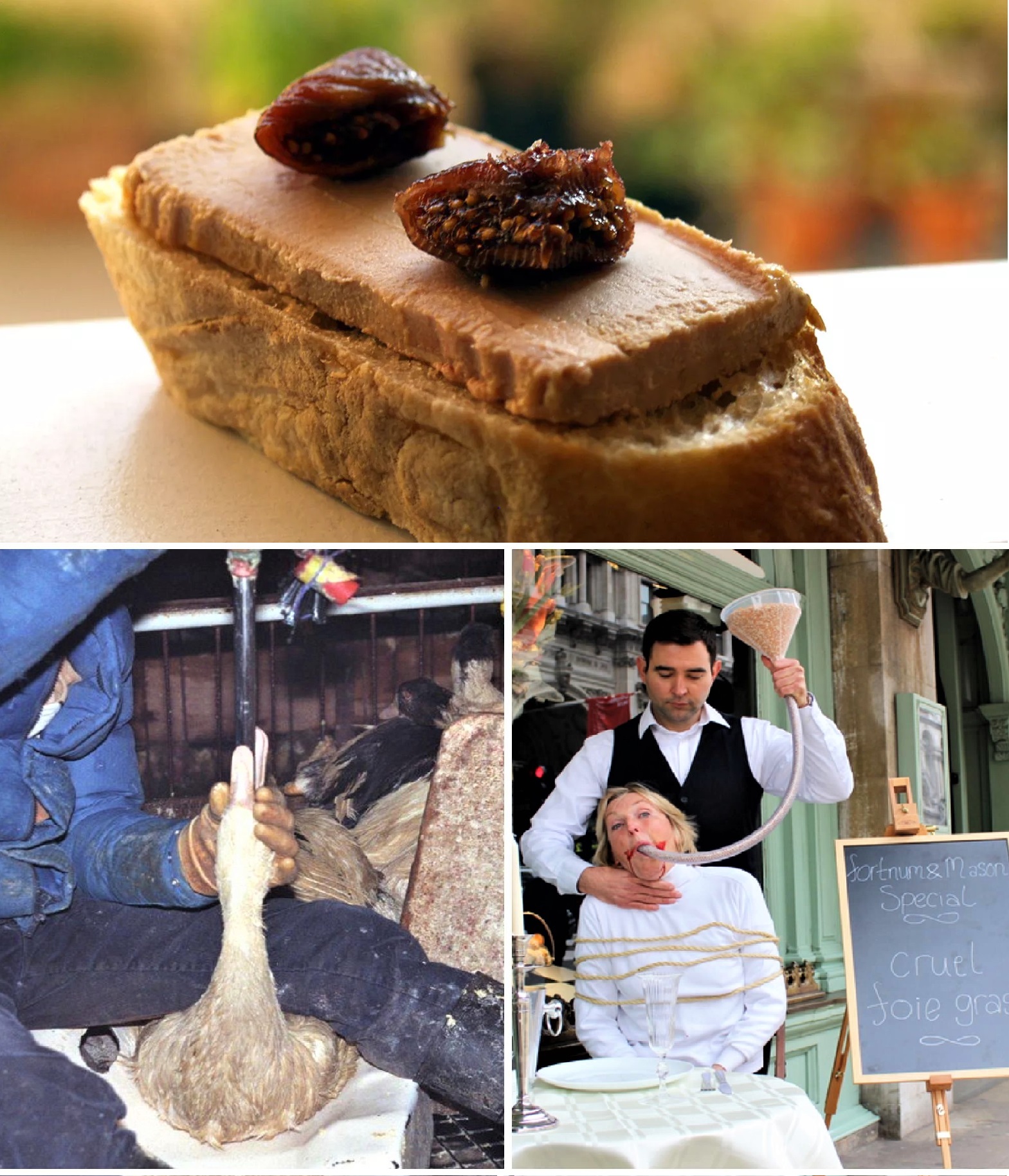New York City Foie Gras Ban Awaits Mayor's Pen | Alternatives Do Exist
/Image Credits: Top Photo by Gary Bendig on Unsplash; Bottom Culinaria.
It appears that New York will ban foie gras but now on a three-year phase-in schedule to help upstate farmers retool, writes Food & Wine. Down about six paragraphs, I note that Councilwoman Carlina Rivera -- the bill's sponsor -- references an alternative way of feeding the geese, which is considered to be acceptable. She said
"I also encourage all foie gras-producing farms, many of which purport to use sustainable practices, to pursue other methods of foie gras production, such as those done by farmers in Spain that employ different methods using highly dense foods.” '
So foie gras doesn't have to be banned as a food, suggests Rivera. It's being banned over a force-feeding process that is generally considered to be disgusting, the most involved one becomes in understanding the story behind the delicacy. Apparently, there’s an alternative feeding process for the geese used in Spain that is much more humane.
Note that restaurants can "give away" the foie gras, based on the new law. But it's interesting to know that there is an alternative, more humane process that could end this entire food fight. I believe this same philosophy of fundamental to the functioning of a democracy, so this article has me reflecting.
Long ago activist ,upstate New York Blue Hill Chef Dan Barber launched the conversation around an ‘ethical’ fois gras alternative and the issue has received considerable attention. Listen to Barber speak to the issue and see related reading links below.
Dan Barber’s Foie Gras TED Talk
Related Here’s an ‘audacious’ science project: foie gras without the controversy Science | Business July 2019
The farmer who makes ‘ethical’ foie gras The Guardian
: This Man Might Be Producing the World’s Only Ethical Foie Gras VICE Jan 2015
Can Dan Barber Produce a Humane Foie Gras? TheKitchn.com Dec. 2011







